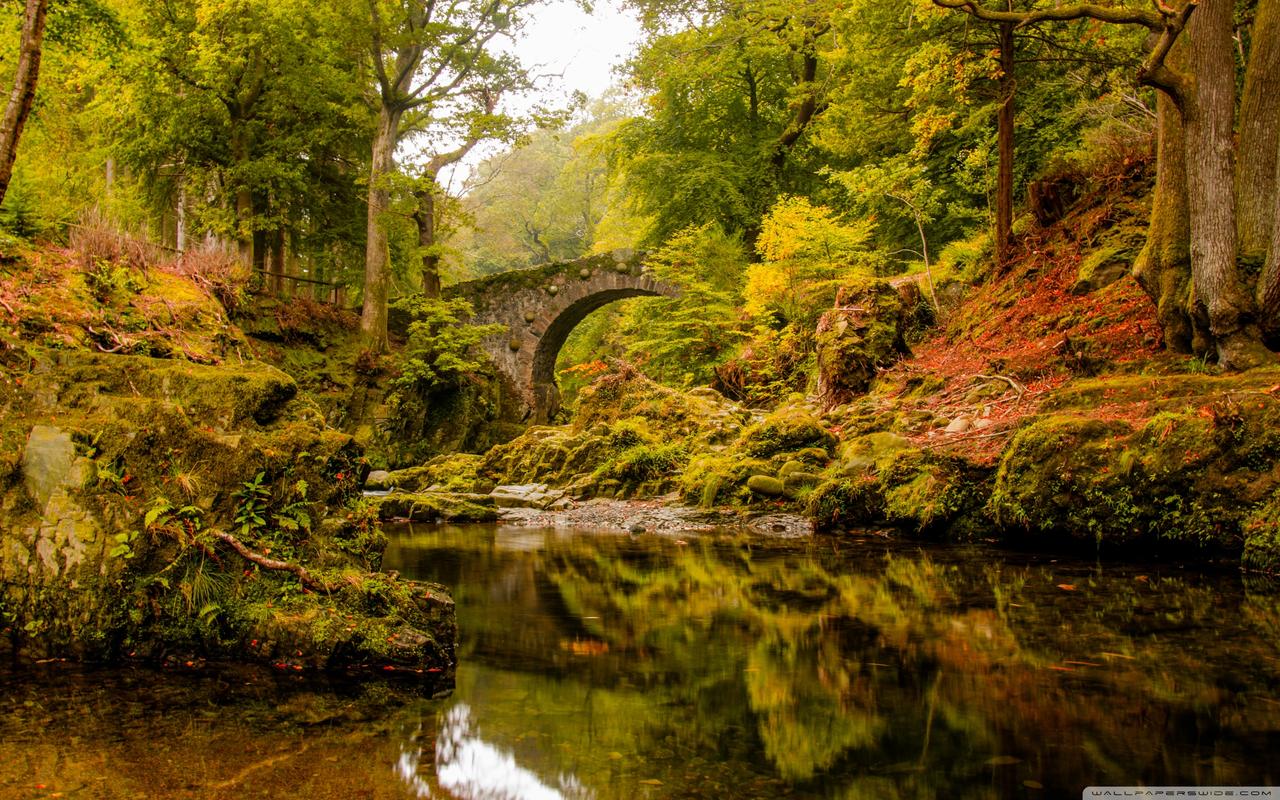Indian culture is one of the richest and most diverse cultures in the world. It has evolved over the centuries due to a number of factors such as invasions, migration, globalization, and technological advancements. The Indian culture has been shaped by different religions, traditions, rituals, languages, and beliefs, making it a uniquely heterogeneous and inclusive culture.
One of the most significant aspects of Indian culture is its deep-rooted spirituality. India is home to many religions such as Hinduism, Islam, Sikhism, Buddhism, Jainism, and Christianity, each with its own set of customs and beliefs. All these religions have played a significant role in shaping the Indian culture as we know it today. The ancient texts like Vedas, Upanishads, and Bhagavad Gita continue to inspire and guide people, even today.
The caste system, which was once an integral part of Indian society, has also evolved over time. The system was originally based on people’s professions, but over time, it became a rigid social stratification system that denied equal opportunities to people from lower castes. However, with the introduction of the constitution and affirmative action policies in modern India, the caste system has gradually become less prevalent, and people from all castes are now free to pursue their goals and aspirations.
Another significant feature of Indian culture is its rich heritage in the arts, literature, and music. The country has produced some of the most celebrated and renowned artists, poets, writers, and musicians of all time. From the classical music of Carnatic and Hindustani to the vibrant folk music of Rajasthan and Punjab, Indian music is a beautiful mosaic of different traditions and styles.
Furthermore, the Indian diet is steeped in tradition and culture. The country boasts an endless array of flavorful dishes that are unique to different regions. Food in India is not merely sustenance but a celebration of life and cultural diversity. The country’s cuisine is a metaphor for its people’s history and traditions.
India has also been heavily influenced by foreign cultures. The British colonization of India and the subsequent immigration of people from around the globe have made India a melting pot of different cultures. Globalization and the rise of the internet have also enabled Indians to connect with people from different parts of the world, contributing to the country’s evolving culture.
In conclusion, Indian culture has come a long way over the centuries, and it continues to evolve daily, adapting to the ever-changing world around it. The country’s rich history, diverse religions, languages, and traditions, combined with its interactions with the rest of the world, have made it one of the most fascinating cultures on the planet. Through its food, music, literature, and traditions, India embodies the essence of humanity and cultural diversity.
(Note: Do you have knowledge or insights to share? Unlock new opportunities and expand your reach by joining our authors team. Click Registration to join us and share your expertise with our readers.)
Speech tips:
Please note that any statements involving politics will not be approved.
